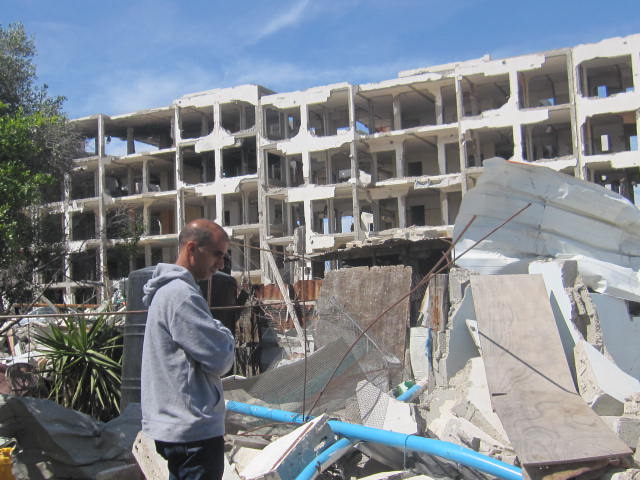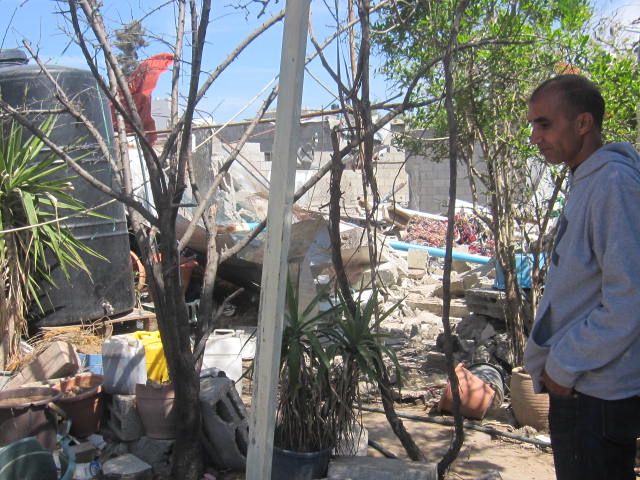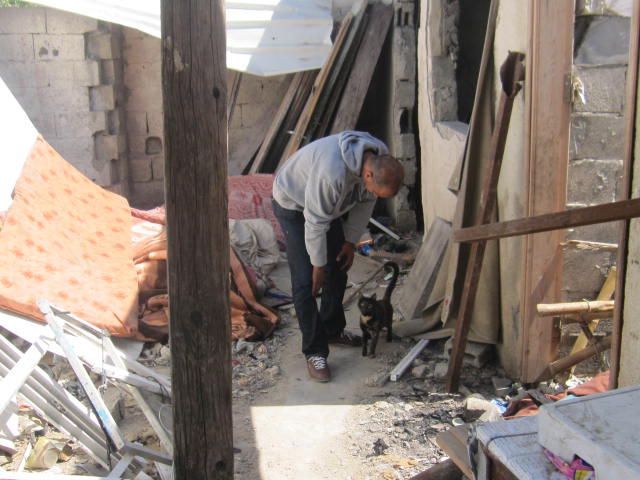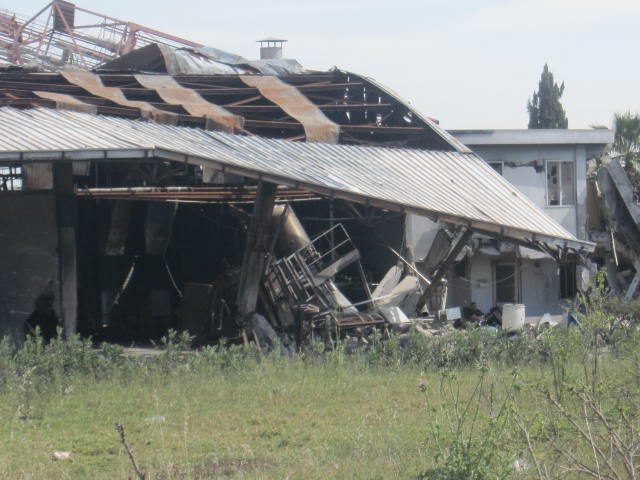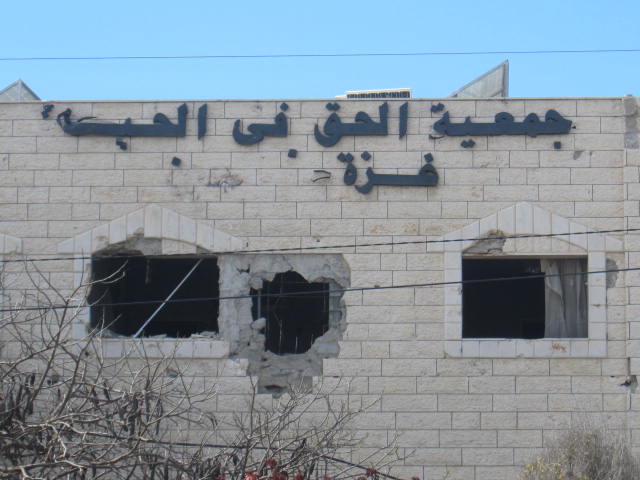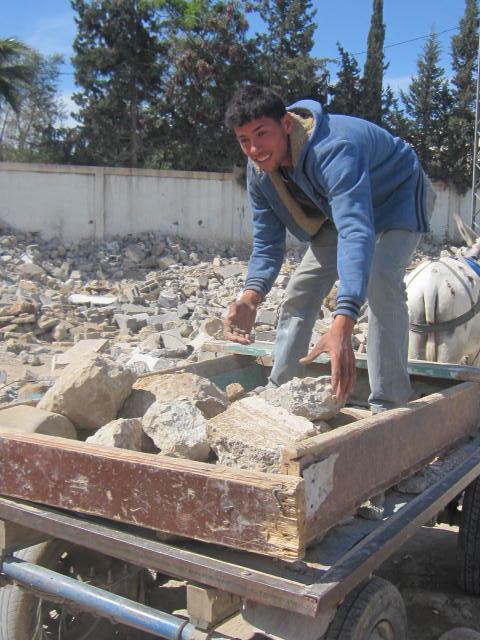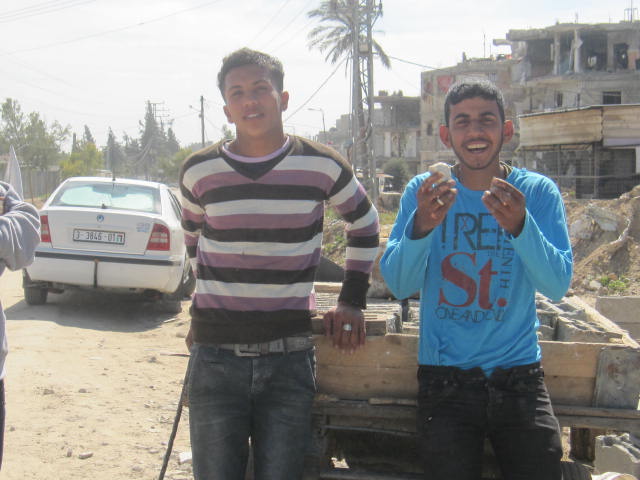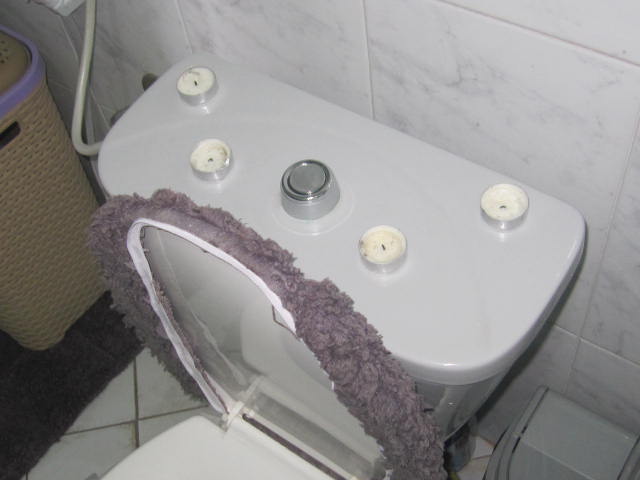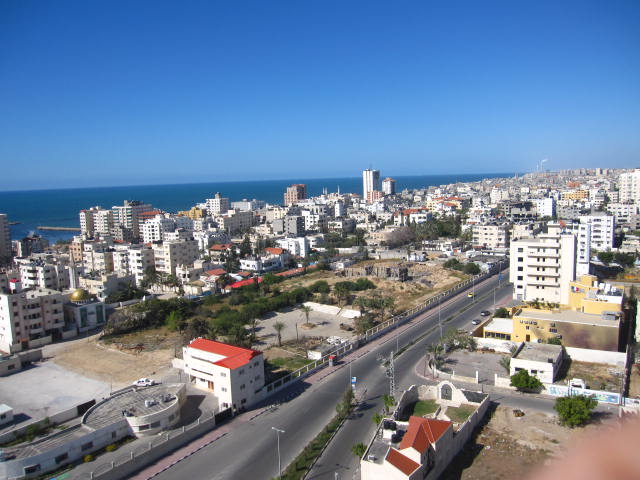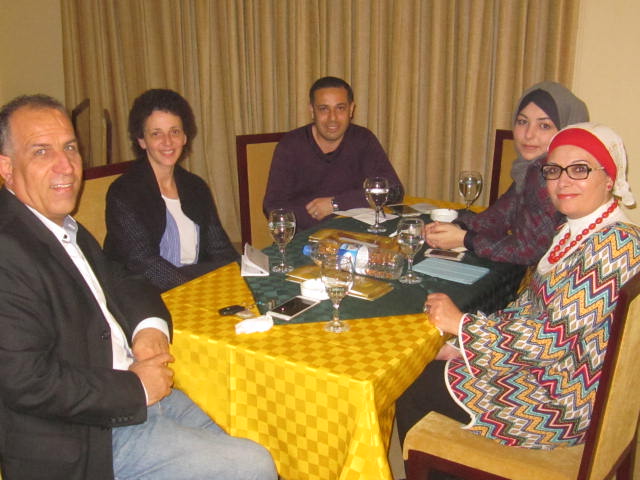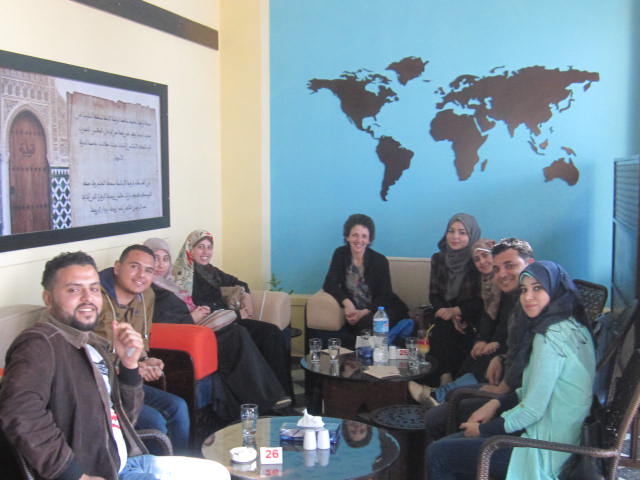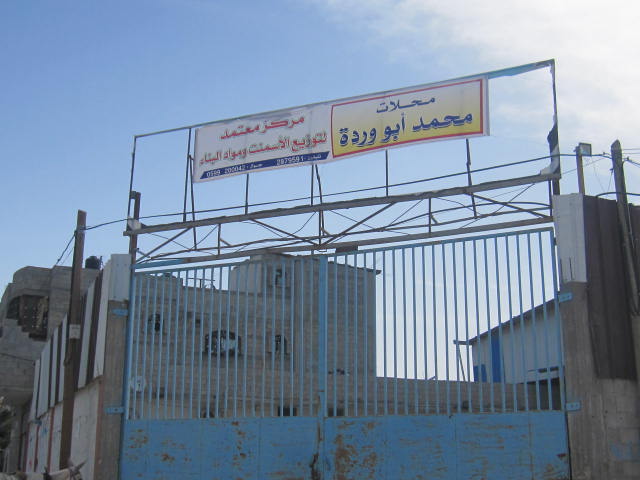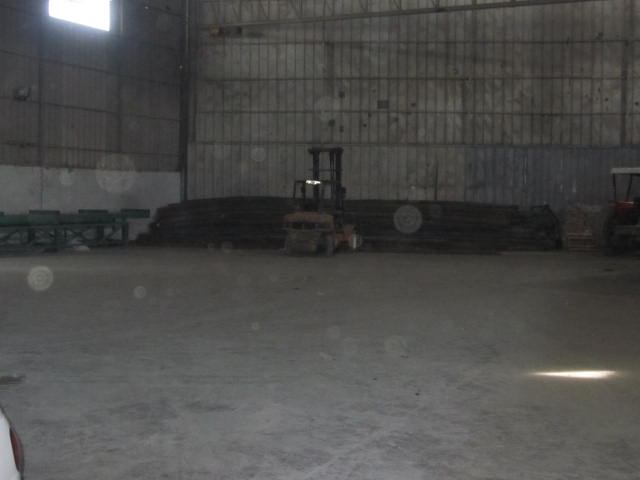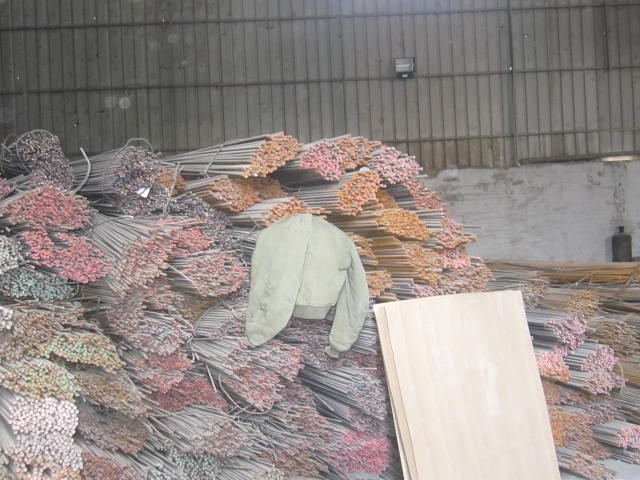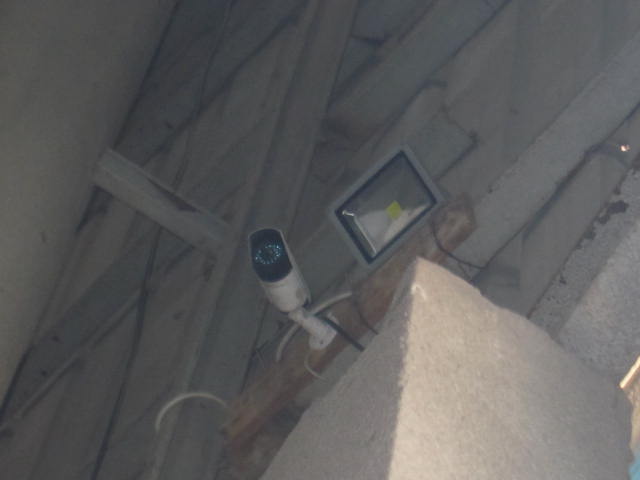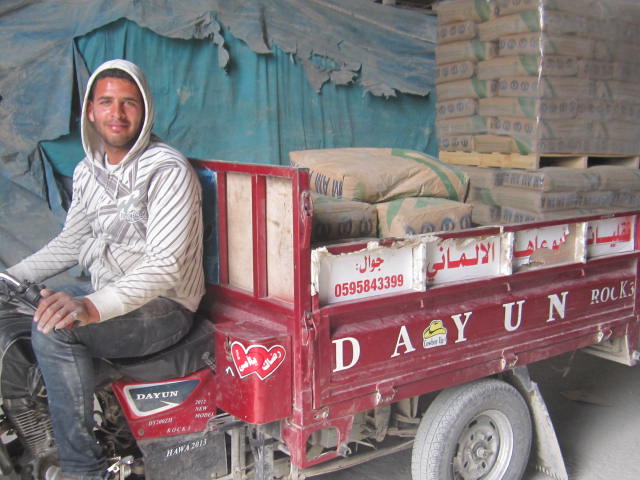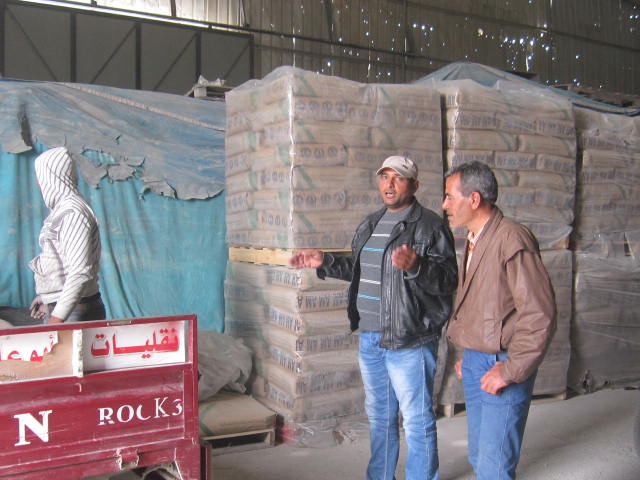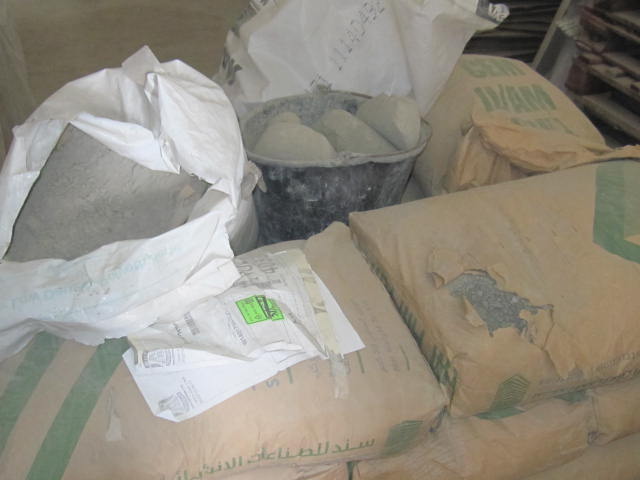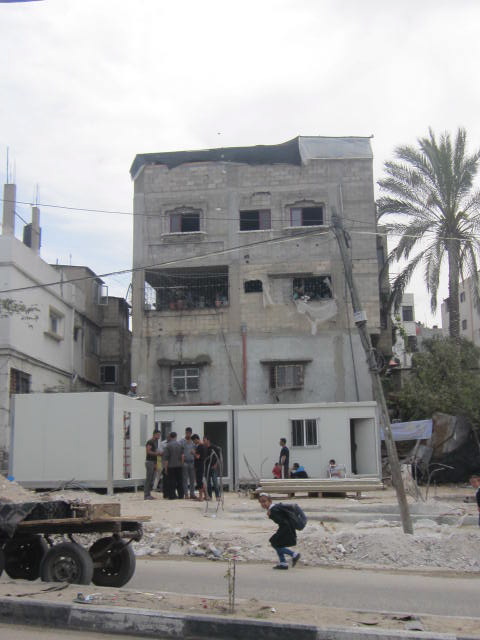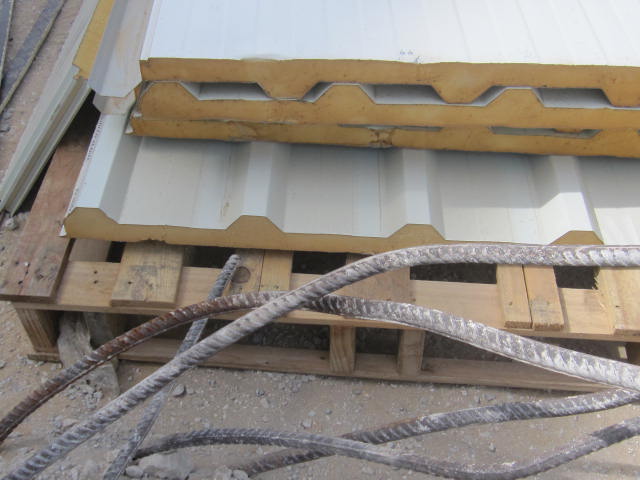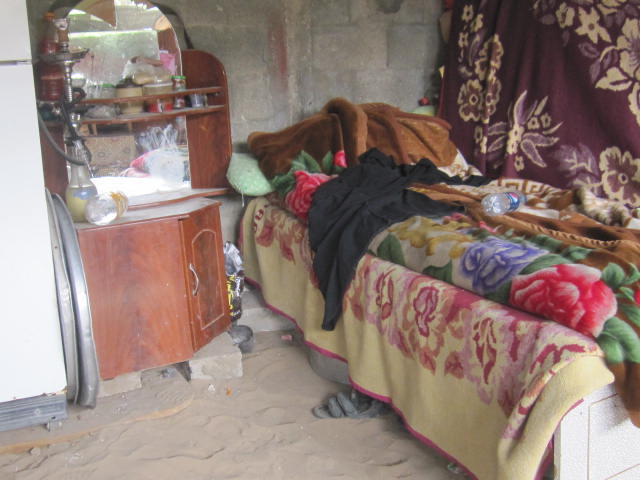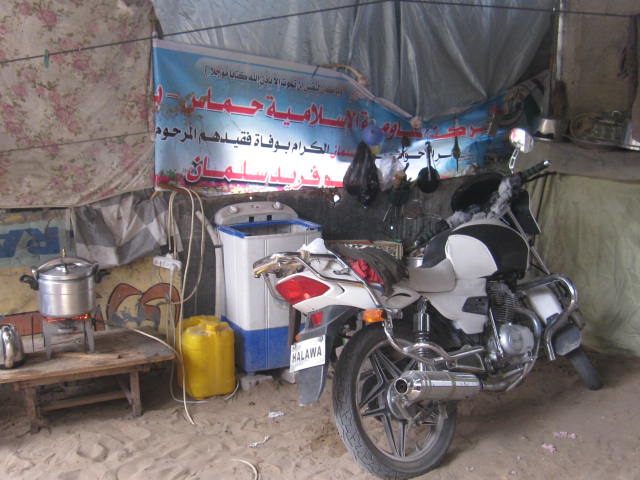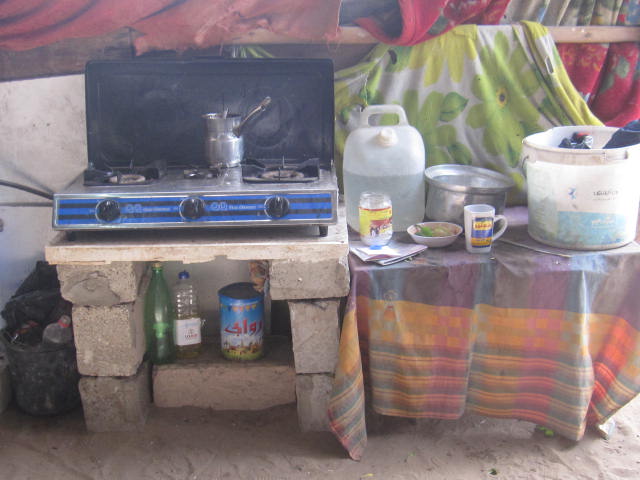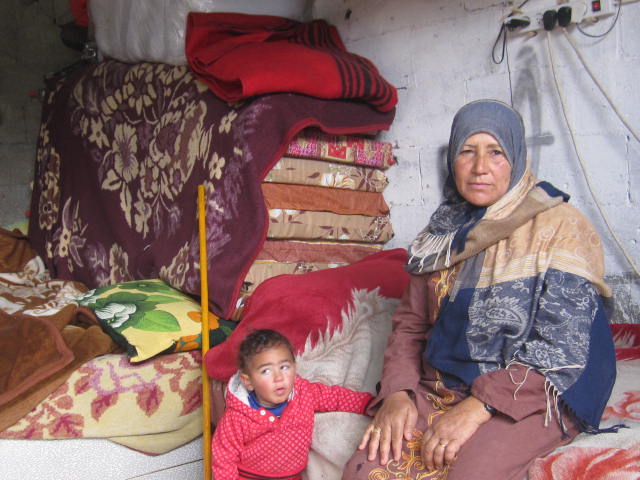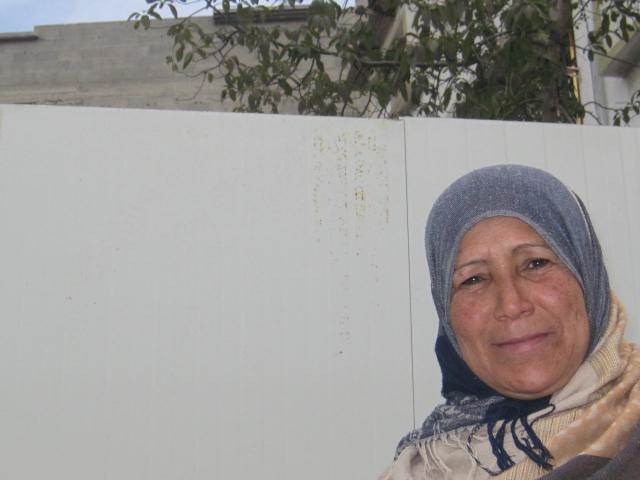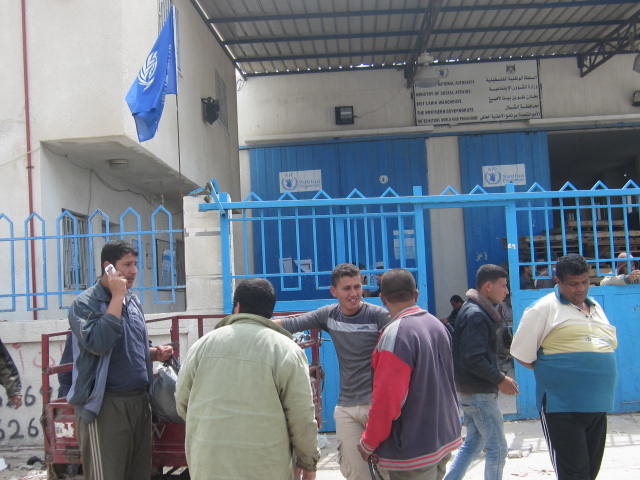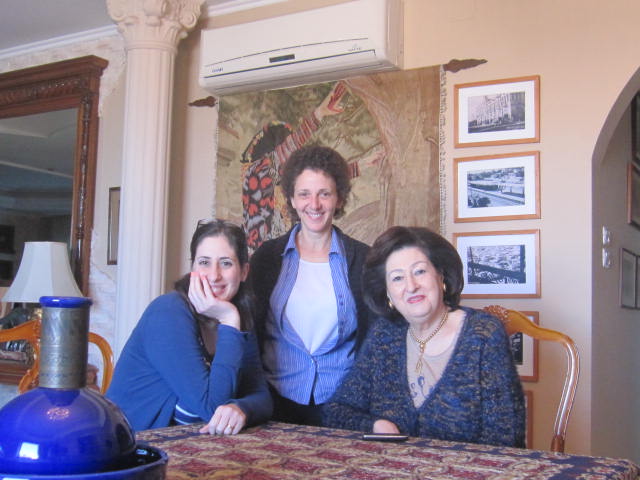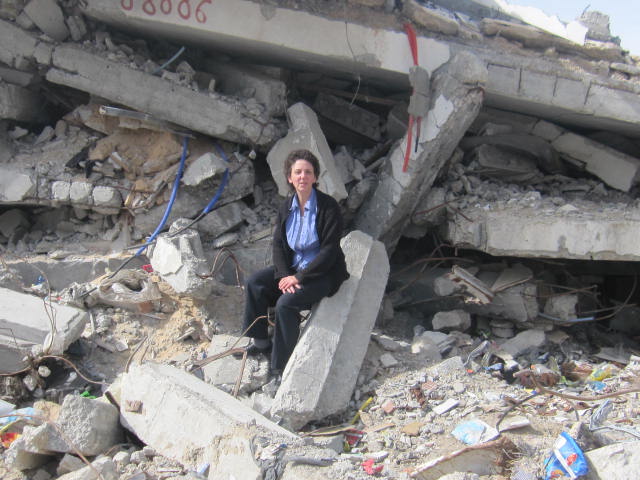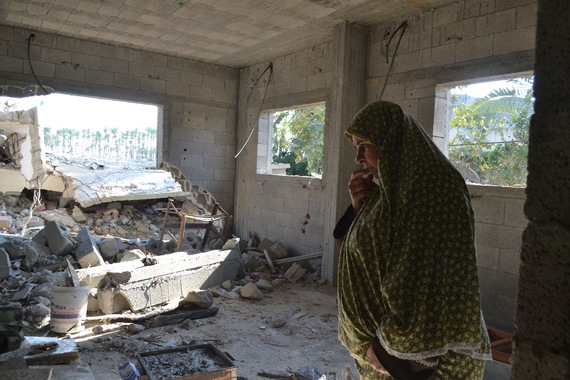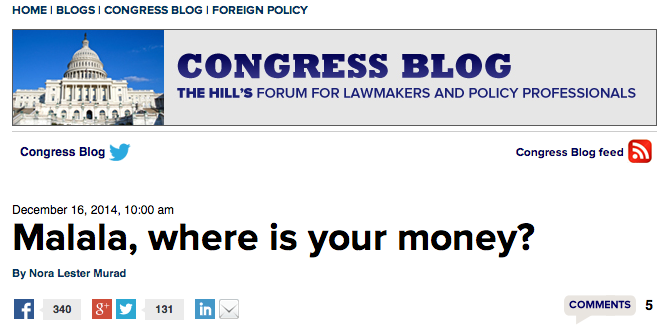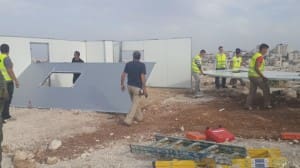This article first appeared on Philanthropy for Social Justice and Peace.
Not infrequently, people ask me how community organizations can become independent of international funding. Part of the answer, I believe, lies in reformulating the question.
“Independence,” is a smokescreen. First world countries that claim to be independent are often dependent on the natural and human resources of the global south. Even donors who claim to be independent because they have endowments are hiding the fact that their resources were taken through exploitation of workers and sometimes from war.
Instead of asking how we can become independent, I suggest we ask how we can achieve “dignified interdependence” – a system of relationships that acknowledges that we are all giversand receivers and that recognizes our value to one another.
Here I propose six possible steps that civil society and community philanthropic organizations can take to become less dependent on international funding and more dignified in their interdependence:
1-Act as if you are poor
Poor people don’t take taxis when they can walk; they don’t eat in restaurants when they can cook. If community organizations want to be less dependent on international funding, they need to become more thoughtful about how they use the resources they have. Acting “as if you are poor” means looking hard at all expenses and cutting every possible unnecessary expense, starting with those that don’t contribute to the mission. One way to do this is by sharing with other community organizations and resisting pressure to compete. Does every organization need its own photocopy machine? Does every organization need its own video camera?
2-Act as if you’re rich (it sounds like a contradiction but it’s not)
Rich people don’t obsess about what they don’t have. They don’t say, “I can’t implement my project because it’s not funded.” Rich people have a sense of abundance, of being able to mobilize resources – even if they aren’t already in the bank. Acting “as if you’re rich” means being confident in your ability to use whatever resources you do have to get access to more resources.
3-Generate value from mission-related activities
If our activities are valuable, we should be able to generate resources from them in ways that serve the mission. The obvious way is to charge fees, which many civil society groups resist because they say their beneficiaries can’t pay. But therein lies the whole problem! If “we” are service providers and “they” are beneficiaries, then we’ve stripped them of their resources by framing them only as receivers. When we think in terms of sharing, and we realize the value of all resources (not only money), we not only increase resources available for our work, but we increase the community of supporters that are invested in the organization.
4-Generate money from non-mission-related activities
There are some examples of successful income generating initiatives, like the medical relief group that founded a printing press to produce their own materials and now brings in core funding for relief activities through printing services. However, I still think this option should be pursued with great caution. Not only can a community group get sidetracked trying to run a business (which is hard!), but working for profit is, in many ways, at odds with the kind of society social justice groups are trying to create.
5-Reject bad money
I suspect most civil society and community philanthropic organizations are reactive rather than proactive in fundraising. In other words, they respond to calls for proposals or announcements of grants. This leads to susceptibility to distortion of mission, especially if the grantseeking organization was not clear about its mission/identity/values in the first place.
But there is another way. We can, individually and collectively, decide what kind of donors we want to work with: Sincere? Politically supportive? Compliant with good donorship principles? And we can decide what kind of funding we want: Core? Multi-year? Large? Aimed at human rights? Easy to renegotiate? Submissions in local languages? Etc. We can take our demands to the donor community and tell them what kind of funding would support our objectives, rather than waiting to see if what they offer is “good enough.” We can control funding by not applying for aid that doesn’t meet our standards. But that will only work if we have standards — and if we believe that we have a right to have standards.
In fact, none of these ideas will work if we don’t believe in ourselves and one another. We must have confidence that we can survive without international funding. I don’t mean that we shouldn’t seek and accept funding, but we can’t build our activities, or our identity, around being in need of it.
Do you believe that we can survive without depending on international funding?

